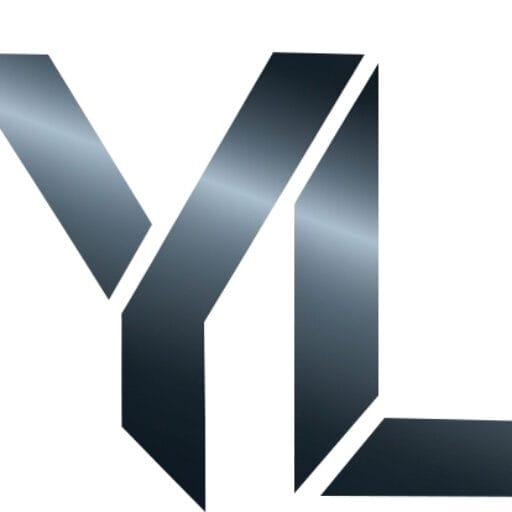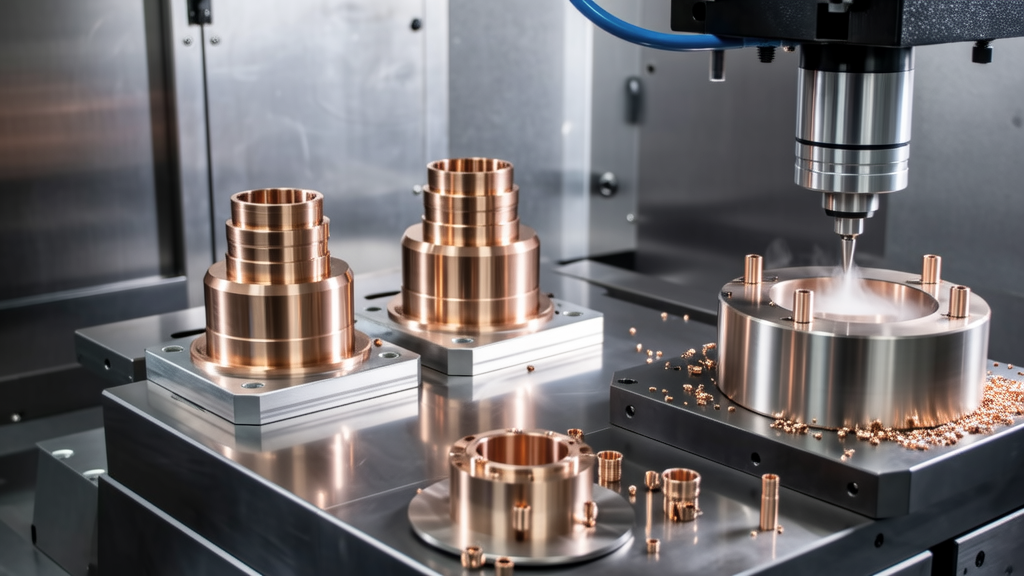So, you’re a manufacturer in Shenzhen, and you’re stuck wondering if you really need CNC machining services. Sound familiar? It’s a common dilemma, especially with so many options out there. Let’s dive into how you can figure out if CNC machining is right for your business, and I’ll share some tips based on my experience at ly-machining.
Factors to Consider
First off, one of the main indicators I’ve found is the complexity of the parts you need to produce. If you’re working on intricate designs or components that require high precision, CNC machining could be your best bet. I remember working with a friend who needed custom parts for a prototype. He initially used manual machining, but once he switched to CNC, the tolerances improved significantly, and he was able to produce parts faster. That’s a game-changer if you’re on a timeline.
Another factor to think about is material. Different materials have unique machining requirements. If you’re using metals or composites that are tough to work with, CNC can handle that better than manual methods. For instance, aluminum parts can be easily machined with CNC, leading to a more polished finish and reduced waste. I’ve seen a project where switching to CNC for aluminum parts led to a 30% reduction in production time.
Let’s not forget about your production volume. If you anticipate a high demand for certain parts, CNC machining is designed for efficiency and scalability. It’s perfect for batch production, meaning once the setup is done, you can replicate the same part multiple times with minimal error. I had another client who initially produced parts by hand. It took too long, and they missed out on potential orders. Once they adopted CNC machining, not only did they increase their output, but they also met their market demand effectively.
Budget Considerations
Of course, budgeting comes into play as well. CNC machining involves a higher initial investment than manual methods, but the long-term savings can be substantial. I suggest looking into how much time and labor costs you’re currently incurring with non-CNC methods. I’ve seen clients calculate the break-even point, often discovering they could save money in just a few months of using CNC.

Expertise Matters
Having a knowledgeable team is also crucial. Engaging with CNC machining services means you need an understanding of certain technical aspects, like design for manufacturability. I’ve seen struggles when firms don’t consider how their parts are designed. If your design doesn’t transition well to CNC machining, it might result in extra costs and delays. Ensuring your designs are compatible with CNC methods can save you a lot of hassle.
Making the Call
In summary, assessing your need for CNC machining services boils down to the complexity of your parts, the materials you’re using, your expected production volume, and your budget. Think about these factors carefully. If any of these resonate, it’s probably a good time to consider CNC.
If after reading this you’re ready to explore CNC options, or if you’re still unsure, I’d love to hear how your journey goes. You can always come back and share your experiences or ask other questions!
What kind of parts indicate a need for CNC machining?
If you’re producing intricate designs or components that require high precision, that’s a solid indicator that CNC machining could be the right choice for you. I’ve seen situations where businesses struggle to meet their quality standards with manual machining, and CNC can definitely help to bring that consistency.

Think about if your products have a lot of detailed features or require tight tolerances. In my experience, companies that shift to CNC for complicated parts often notice significant improvements in both quality and production speed.
How can budget impact the decision to use CNC machining?
Budget is always a crucial factor. While CNC machining can require a higher initial investment compared to traditional methods, the savings often come down the line. Many firms I’ve worked with found that after switching to CNC, they significantly reduced labor costs and waste, leading to fast returns on their investment.
If you analyze your current expenses and realize you’re losing too much time and resources, it might just make sense to go CNC sooner rather than later.
What expertise do I need to switch to CNC machining?
Switching to CNC machining does mean you should have some technical knowledge in your team. It’s not just about running machines; you need to understand design for manufacturability. I’ve encountered firms that had great designs but didn’t consider if they were suitable for CNC processes.
Having that expertise can save time and avoid unnecessary costs. It’s always helpful to consult with professionals who understand both machining and design to ensure your parts are optimized for CNC.
When is the right time to consider CNC machining services?
The right time to explore CNC services usually comes when you’re scaling your production or dealing with more complex designs. If you’ve been facing delays or inconsistencies, it might be a sign that you should look into transitioning.
Reflect on your production volume and how well your current methods can keep up with demand. If you see an upward trend in your orders, then turning to CNC could be a wise decision to streamline your process.



